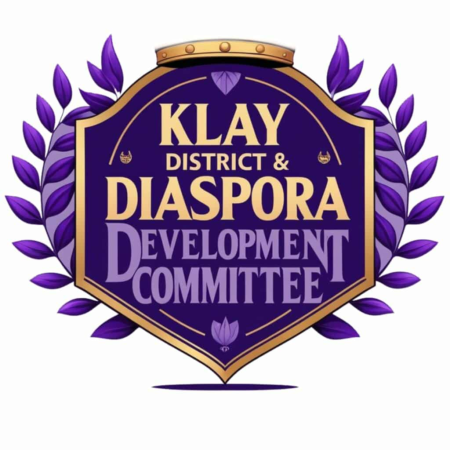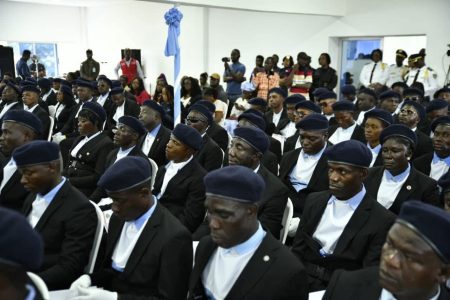The inaugural Ada Youth Summit, a collaborative effort of the Tapioca Foundation, Manyewo, and the Ada College of Education, convened prior to the 88th Ada Asafotufiami Festival in Ada, Ghana. The summit aimed to empower the youth of Ada and beyond by providing a platform for dialogue and skill-building, focusing on addressing the political, technological, agricultural, and socio-economic challenges facing their communities. Attendees included a diverse group of young entrepreneurs and professionals, fostering an environment rich in perspectives and experiences. The summit highlighted the importance of youth participation in national development and urged a paradigm shift in thinking and problem-solving.
Central to the summit’s theme, “The Paradigm Shift,” was the encouragement of adaptation to new models of thought and action. Speakers emphasized the need for youth to acquire essential skills for navigating the evolving global economy, including leadership, policy-making, and technological proficiency. The summit addressed critical issues faced by young people, such as access to employment opportunities, the challenges of starting businesses, and securing financial resources. It offered guidance on career development, mentorship opportunities, and strategies for innovating within existing constraints. The overall message stressed the urgency of youth involvement in shaping the future of Ghana.
A significant focus of the summit was on empowering youth to participate actively in national decision-making processes. Seth Priceless Ala-Amegavie, the summit convener, lamented the historical exclusion of young people from crucial national conversations and advocated for greater inclusion. Speakers underscored the need for a generational shift in leadership, emphasizing the importance of youth taking ownership of their future. They called upon young people to resist political manipulation during elections and instead leverage these moments to advocate for impactful reforms and shape policy decisions. The integration of traditional knowledge with modern technologies was also emphasized as a key element of progress.
The summit incorporated practical guidance for youth, advising them to embrace national service as an act of patriotism rather than a burden. Nathaniel Tetteh, the Eastern Regional Director of the National Service Authority, announced the government’s plans to reintroduce a military service component into the National Service program, aimed at instilling discipline and self-reliance. This six-week training period preceding the service year would focus on drills and personal development, equipping participants with valuable life skills. The summit also strongly advocated for government support in creating an enabling environment for young entrepreneurs, particularly within the agricultural sector.
A recurring theme throughout the summit was the call for increased youth involvement in agriculture. Isaac Adjaotor encouraged participants to consider commercial farming as a viable career path, despite challenges like limited irrigation and financial constraints. He urged the government to address infrastructural issues, such as dredging the Luhuese and Gbanya lagoons, to improve access to freshwater resources for coastal farms affected by saltwater intrusion and flooding. Nana Abrokwa Asare, CEO of the Nabrok Group, challenged the perception of farming as menial work, urging youth to embrace modern technologies and innovative agricultural practices to drive economic growth and create employment opportunities. This call to action emphasized the potential of the agricultural sector to contribute significantly to Ghana’s economic development.
The summit concluded with a resounding call for continued youth engagement in national development. Prominent figures, including Torgbui Ashiagbor IV, Dusifiaga of the Weta Traditional Area, encouraged young people to take ownership of their societal responsibilities and actively participate in shaping a positive future for Ghana. Female leaders like Eunice Lasi and Suzette Dornukie Nortey emphasized the crucial role of women in leadership and politics, urging young women to overcome societal barriers and internal inhibitions to pursue positions of influence. Nortey’s declaration to contest a parliamentary seat in Ada served as an inspiration for other women to pursue their ambitions. The Ada College of Education’s Students’ Representative Council appealed for support to complete their SRC Hall and Dining Hall, highlighting the ongoing need for infrastructure development on campus. The summit’s closing message underscored the importance of empowering youth through knowledge, mentorship, and inclusion in national development as a critical investment in the future of Ada and Ghana as a whole.














